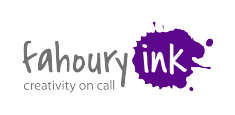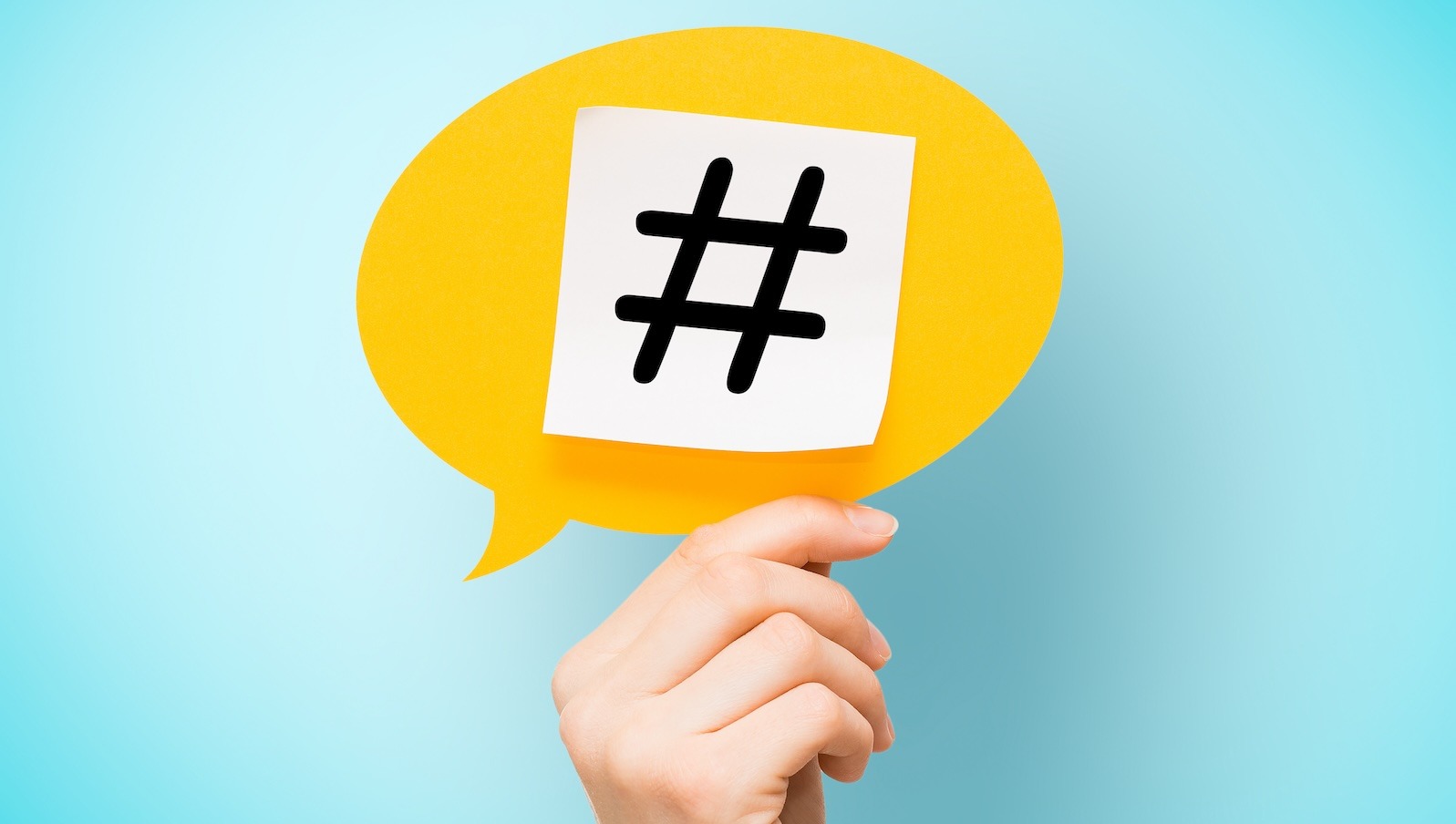To create content that reaches a larger audience, SEO needs to be an integral part of your content development process, not an afterthought.
Keywords and hashtags are powerful tools for getting your content noticed online. They can significantly boost your online visibility, drive engagement, and ultimately, grow your business — when used effectively.
During a social strategy call last week, a client asked, “What’s the difference? Can they be the same?”
Great question! Here’s a quick overview to cover the basics of both, so you can start boosting your SEO efforts:
Key takeaways of keywords
Keywords are the words or phrases that users type into search engines when they’re seeking information.
For example, let’s say you run a bakery in Charleston, SC. If someone searches for “best bakery in Charleston,” you’d want your business to pop up, right? That’s where keywords come into play. By embedding relevant keywords into your website and blog content, you increase your odds of appearing in those search results.
But it’s not just about stuffing your content with keywords. Google’s algorithms are smarter than that. They’re looking for valuable content that genuinely serves the needs of the searcher. So your best bet is to incorporate keywords naturally into high-quality, relevant content. Make sure they blend into the content, avoiding any forced or awkward phrases.
Experts recommend picking one primary keyword per page, and several supporting secondary keywords. Choose keywords that align with your business and what you offer. But how do you choose? You can use tools like SEMrush to uncover the terms your target audience is searching for.
Hashing out hashtags
Hashtags are a way for users to explore content on social media, making it discoverable to other users. Essentially, hashtags are a system that helps searchers find and engage with content that interests them.
Let’s say you post a picture of your freshly baked blueberry muffins on Instagram. You might use hashtags like #CharlestonBakery and #FreshMuffins to make your post discoverable to people who are searching for those specific terms.
Similar to keywords, start by identifying the hashtags that are relevant and applicable to your business and your audience. These could be industry-specific hashtags, local hashtags or trending hashtags. Once you know what’s appropriate, add them to your social media posts.
How many hashtags are too many? That depends on the platform you’re using.
On X, hashtags frequently drive double the engagement, and relevant ones see a 55% increase in reposts. On Instagram, using 11 or more hashtags can boost interaction by nearly 80%. Keep track of your hashtag usage so you can refine your efforts over time based on what gets the most traction.
Keywords and hashtags: The bigger picture
Keywords are the foundation of your content, guiding search engines to your site content. And hashtags are a means of categorizing and amplifying your content on social media. But did you know that hashtags can also function as keywords on social media?
When a user searches for a hashtag on a platform like Instagram, the platform’s algorithm treats it much like a keyword, pulling up all the content tagged with that hashtag and boosting your visibility.
So if you’re not yet sold on these simple, but mighty SEO tools, take the time to understand them, use them wisely and watch your online visitors multiply.

